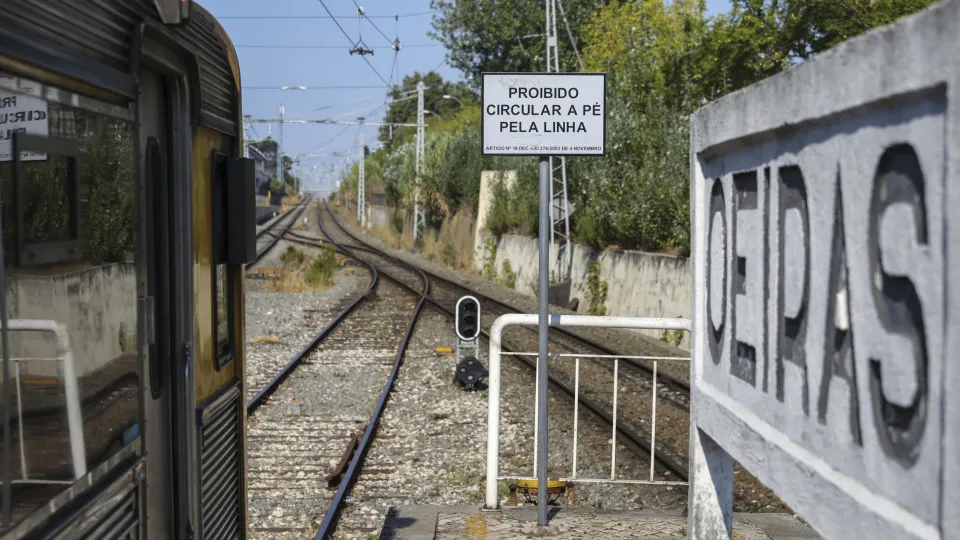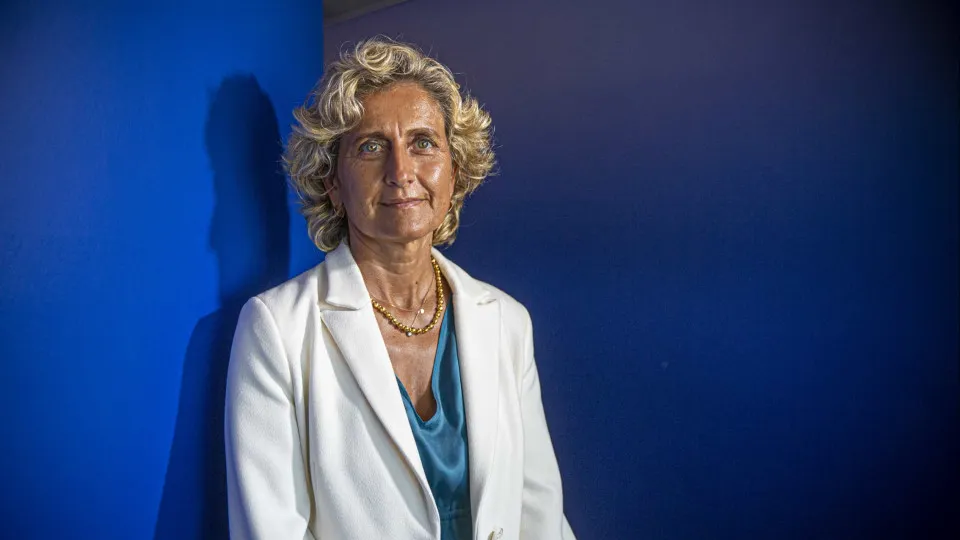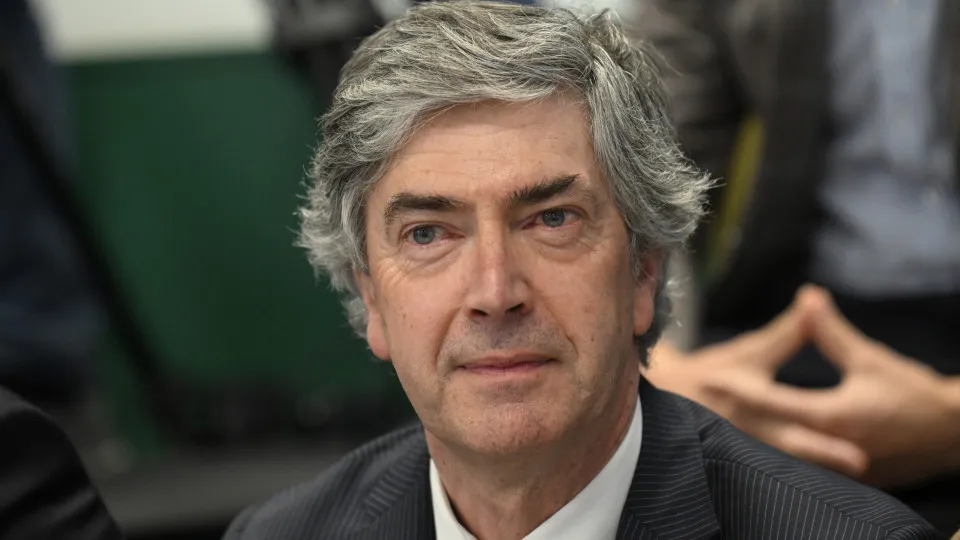This Saturday, September 27, marks World Tourism Day, a sector of significant importance for Portugal, contributing 34 billion euros, equivalent to 11.9% of GDP, to the national economy. Lisbon and Porto are prominent, and economist Carlos Brito believes that despite not being at capacity, active management is required.
In comments to Notícias ao Minuto, the president of the Northern Regional Directorate of the Order of Economists highlighted the positive effects of tourism when well managed: “It creates jobs, boosts investment, and generates more wealth.”
In the country’s largest cities—Lisbon and Porto—there are already “signs of saturation,” which is why Carlos Brito advocates a “spatial and temporal redistribution of tourist demand.”
What is the current contribution of tourism to the national GDP?
The contribution of tourism to GDP is calculated from the so-called Tourism Satellite Account, an information system aimed at estimating the economic impact, both direct and indirect, of tourism on the economy. In this context, based on the latest data, the INE – Instituto Nacional de Estatística estimates that in 2024, the total contribution of tourism to the national economy reached 34 billion euros, equivalent to 11.9% of GDP.
Which sectors benefit most from this activity?
Tourism has direct and indirect effects on a variety of sectors, starting, obviously, with accommodation, restaurants, and transport (air, rail, road, maritime), but also including local commerce, cultural and recreational activities, services provided by travel agencies/operators, and, last but not least, construction and real estate.
Is the growth we’re seeing generating sustainable development or imbalances?
Tourism undoubtedly has a positive effect on development when and where it is well managed: it creates jobs, boosts investment, generates more wealth. Of course, there are risks arising from potential imbalances: pressure on housing costs, commercial congestion, the loss of historical centers’ character, loss of identity of territories. It is, therefore, necessary to ensure sustainable tourism growth in its threefold meaning: economic, social, and environmental. Otherwise, society loses, the environment degrades, and, ultimately, “the goose that lays the golden eggs is killed.”
Are Lisbon and Porto reaching their limits? How can one manage tourist pressure without compromising quality of life and urban identity?
In Lisbon and Porto, there are noticeable signs of saturation that cannot be overlooked, especially during peak demand periods. However, even within the territorial scope of these two municipalities—or even their respective metropolitan areas—there is room to grow. In my opinion, we are not yet at “capacity limit,” but active management and a spatial and temporal redistribution of tourist demand are required.
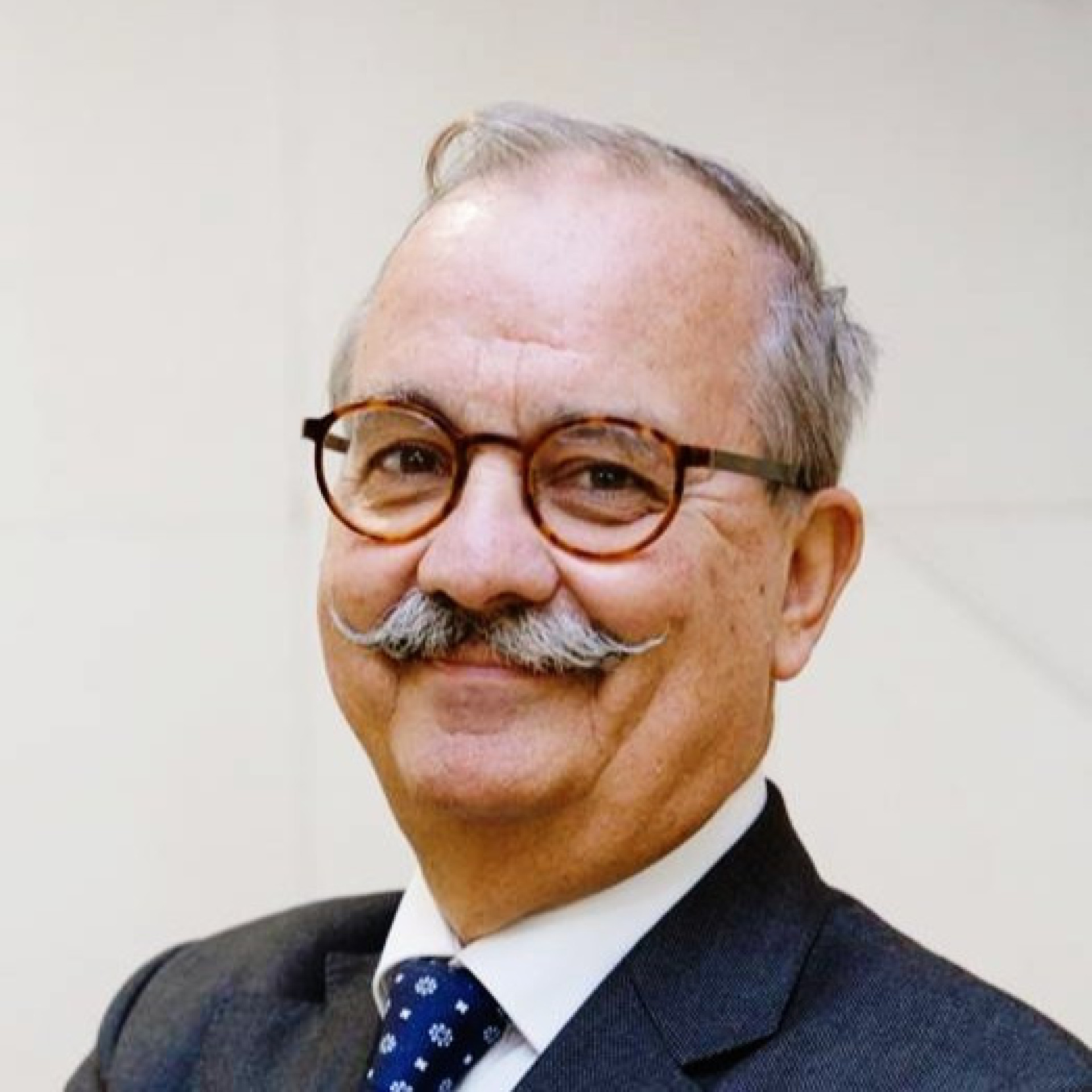
Are digital nomadism and event tourism redistributing wealth and bringing real value to the economy?
Digital nomadism should not be considered as part of tourism activity. A digital nomad seeks to combine work and long-term travel with their usual lifestyle without being tied to a specific geographic location. In any case, where they settle, they tend to generate high average spending and a more cosmopolitan atmosphere. However, they still pressure rents and the cost of living in general, requiring housing policies for such stays as well as effective local integration.
As for event tourism (known as MICE—meetings, incentives, conferences & exhibitions), it is undoubtedly associated with higher average spending per visitor, in addition to being an excellent showcase as it promotes the destination’s image. Moreover, there is a positive effect on local supply chains and programming, which can have a multiplier effect on the local and regional economy.
Can events like fires or the tragedy at the Elevador da Glória compromise tourism?
In the short term, a situation such as that with the Elevador da Glória may indeed deter some tourists. But in the medium and long term, the effect will be negligible… unless this type of tragedy repeats. Let’s hope it doesn’t happen.
Regarding fires, the situation is different. In addition to the tragedy itself, there is a loss of assets (real estate, infrastructure, landscape, and ecosystems) that may take years to recover, with all the negative impact that may have on tourism activity.
As we approach municipal elections and considering the sector’s representation on the national stage, should tourism be a priority in electoral programs?
I have no doubt that tourism will be on the agenda for many municipal candidates. For two different and opposing reasons. In areas where tourist pressure is strongest (Lisbon, Porto, various municipalities in the Algarve and Madeira, and even the Alentejo coast), there should be a vision for minimizing negative impacts without, of course, undermining the dynamism of tourism. In regions with attractiveness factors but still low tourist demand (for example, in the Interior North and Center), it makes perfect sense to come up with proposals related to tourism marketing that seek to attract more and new tourists, as this can be an economic lever that, ultimately, contributes to less desertification of the interior.
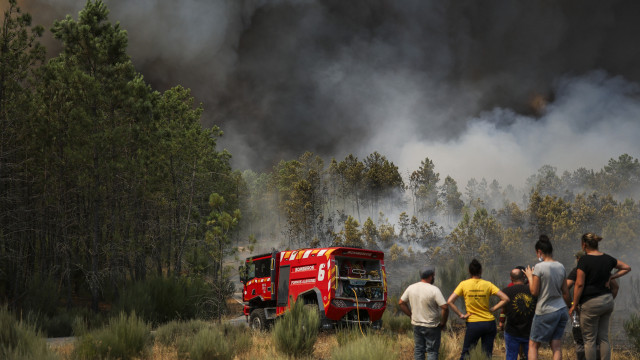
Mainland Portugal has been affected by multiple rural fires with a “profound” economic impact, potentially reaching 2.3 billion euros, reported Carlos Brito, president of the Northern Regional Directorate of the Order of Economists, to Notícias ao Minuto.
Beatriz Vasconcelos | 13:43 – 19/08/2025

